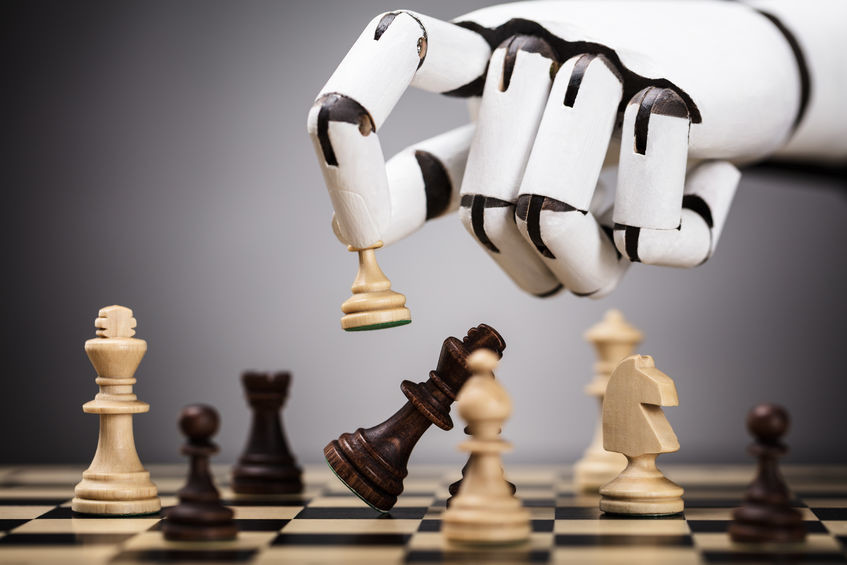Potential regulatory enemies: artificial intelligence and cryptocurrencies. AI
Crypto and artificial intelligence (AI), both at the vanguard of technical advancement and investor interest, are developing a love-hate relationship.
In a recent opinion post, Aaron Brown, former head of financial market research at AQR Capital Management, claimed that both industries offer conflicting regions of venture capital interest as well as opposing sources of anxiety for regulators
“The collapse of crypto exchange FTX in November 2022, combined with the demo release of ChatGPT the same month, sent venture capital money fleeing from crypto and into AI,” wrote Brown in a Bloomberg article on Thursday.
In his judgment, the crypto investor is not alone: In February, startup investor and Shark Tank star Kevin O’Leary stated that venture capitalists are shifting their focus from crypto to the next “great thing,” which is AI. He stated at the time, “Aftermarket trading for current projects is at tremendous discounts.”
As crypto has continued to attract billions of dollars in investor money this year, the Securities and Exchange Commission (SEC) has taken a number of enforcement actions against the market, causing investors to reduce their crypto exposure whenever the SEC appears.
BNB, the native cryptocurrency of crypto exchange giant Binance, for example, has lost % of its value since the SEC claimed it was a security in its lawsuit against the business earlier this month. Nonetheless, AI may face its own regulatory issues, although for different reasons.
Centralized AI vs. Decentralized Crypto
As Brown argues, crypto is widely feared for permitting some degree of anarchy, circumventing established financial institutions through which governments may collect taxes, and controlling harmful activities. Artificial intelligence, on the other hand, “threatens individual human agency and privacy,” with the capacity to manage human conduct in a “totalitarian nightmare regime.”
In reality, by correcting for the excesses of decentralization and centralization, respectively, both industries may complement one another. When attempting to design complicated structures out of multiple decentralized elements, AI, for example, can assist the smart contract writing process while simultaneously compensating for human mistake.
Meanwhile, crypto’s encryption technology allows companies that hold information today to freely supply that information when developing AI tools without allowing the tool’s designers access to the underlying data.
“Now that we’re building the algorithms that already run much of the world and soon may run all of it, choosing the right mix of centralization and decentralization may be the most important social issue of the times,” concluded Brown.
Some in the crypto space are already building ChatGPT-like educational resources for crypto content, including a new tool that evokes the opinions of Satoshi Nakamoto.


Recent posts
We’ve got a lot of awards for our products and services that became popular in the world.
Blog
Intergalactic: The Heretic Prophet – A Sci‑Fi Bounty Hunter Saga in the Making
Blog
Neverness to Everness – A Multiverse Action RPG Teasing “Mind‑Shift” Mechanics
Intergalactic: The Heretic Prophet – A Sci‑Fi Bounty Hunter Saga in the Making
Neverness to Everness – A Multiverse Action RPG Teasing “Mind‑Shift” Mechanics
Blood Message – NetEase & 24 Entertainment’s First AAA Solo Epic
League of Masters: Auto Chess – A Fresh Spin on Strategic Auto-Battling
Solo Leveling: ARISE – Step Into the Shadow Monarch’s World
Wuthering Waves 2.5 “Unfading Melody of Life” Launches July 24
Zenless Zone Zero – miHoYo’s Anime-Style Action RPG That’s Taking Fans by Storm
Dune: Awakening – A Next Gen Survival MMO Set to Shake the Sands